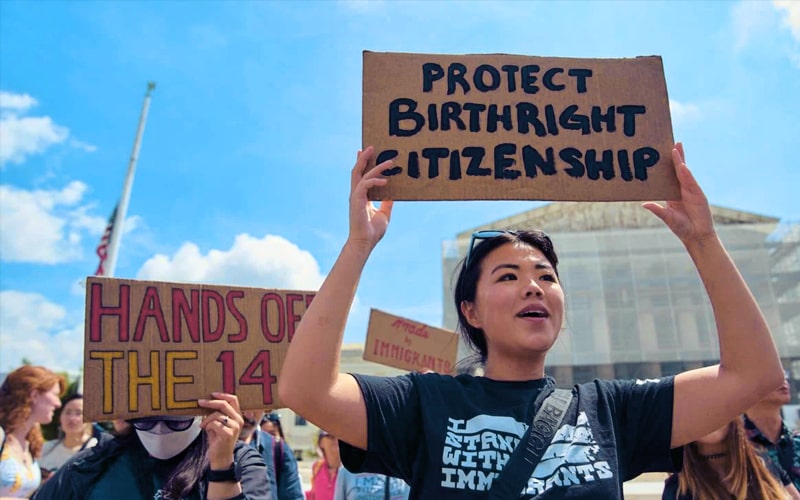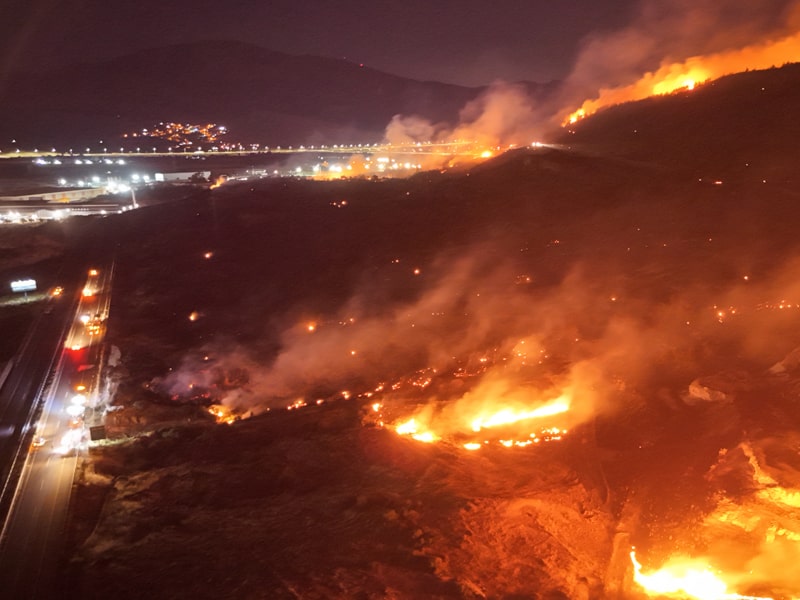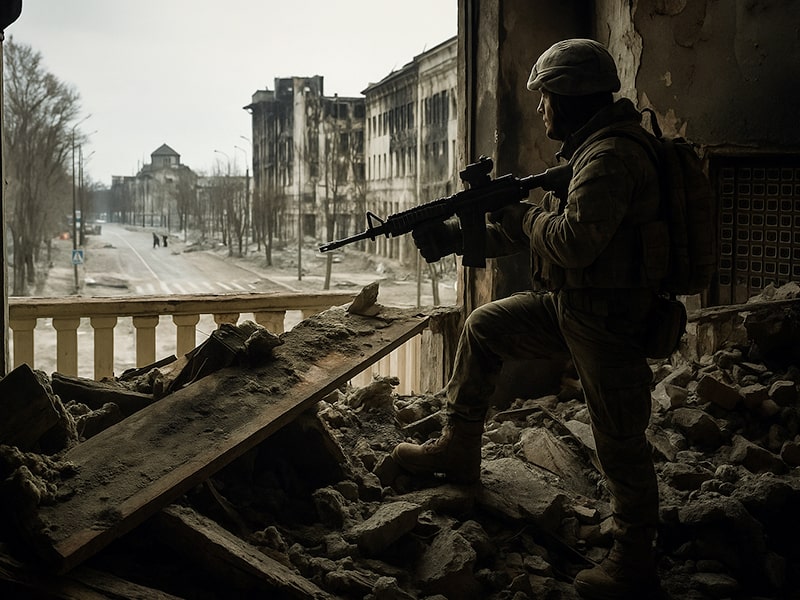-
Justices hear arguments on nationwide injunctions blocking Trump’s birthright citizenship policy.
-
Key conservatives, including Kavanaugh and Barrett, explore alternatives like class-action suits.
-
Liberal justices raise concerns over constitutional violations and lack of practical solutions.
-
Justice Barrett questions the government’s weak defense of Trump’s executive order.
-
Court may take until end of term to issue ruling amid complex legal and constitutional stakes.
Supreme Court Hears Arguments on Citizenship and Judicial Limits
The U.S. Supreme Court on Thursday considered one of the most consequential legal battles of President Donald Trump’s second term: the clash between his executive order curbing birthright citizenship and the power of federal courts to issue nationwide injunctions.
For over two hours, justices probed both the constitutional implications of the policy—which blocks citizenship documentation for children born to non-citizen parents—and the limits of judicial power.
Justice Brett Kavanaugh emerged as a pivotal figure, proposing class-action lawsuits as a less sweeping alternative to nationwide injunctions. “We care about the technicalities,” he noted, pressing attorneys on legal procedure over broad judicial bans.
Justice Barrett Questions Policy’s Constitutionality
Justice Amy Coney Barrett, a conservative voice often open to middle-ground positions, appeared skeptical of the government’s reluctance to address the merits of the citizenship order, calling the administration’s legal rationale “novel” and “sensitive.”
Barrett’s inquiries also highlighted practical concerns, particularly whether class-action relief would be fast or effective enough to protect affected families and newborns from constitutional violations.
Justice Elena Kagan echoed those concerns, asking, “Does every single person that is affected by this EO have to bring their own suit?”
Conservatives Debate Judicial Power
Justices Clarence Thomas and Samuel Alito questioned the rise of universal injunctions in recent decades, arguing that historically, courts ruled only for the plaintiffs before them.
Alito added a practical point: if class actions can offer the same breadth of protection, “what is the point of this argument about universal injunctions?”
Justice Neil Gorsuch also flagged “patchwork problems,” where some states might enforce Trump’s order while others are blocked by injunctions—potentially creating legal chaos across the country.
Liberal Justices Argue Executive Order Violates Constitution
Justices Sonia Sotomayor, Ketanji Brown Jackson, and Kagan vigorously challenged the Trump administration’s position. Sotomayor asserted the executive order violates four Supreme Court precedents related to birthright citizenship.
Justice Jackson warned that requiring every individual to sue to assert their rights would create a “‘catch me if you can’ kind of regime.”
The contested executive order, signed by Trump on his first day back in office, bars federal agencies from issuing citizenship documents (like passports) to babies born in the U.S. to non-citizen parents, raising clear concerns under the 14th Amendment.
What Comes Next?
Though the case reached the high court under emergency review, a decision may not come quickly. The justices are grappling with fundamental questions: Should a single district judge have the power to block federal policy? Or is that power essential to preserving constitutional protections?
The case’s resolution may be delayed until the court’s term ends next month, as justices weigh whether Trump’s immigration order oversteps presidential authority—or if the judicial branch is overstepping by universally blocking it.










